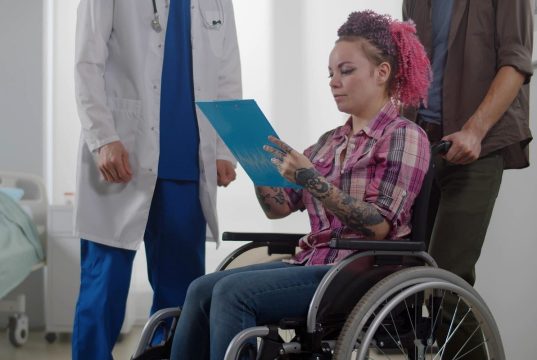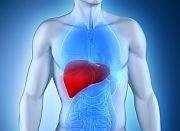September 2015 Briefing – Nursing
Here are what the editors at HealthDay consider to be the most important developments in Nursing for September 2015. This roundup includes the latest...
Probiotics Reduce Rate of Infection After Liver Transplant
Meta-analysis shows reduction in rate of infection, shorter length of hospital, ICU stay
Integrative Model Is Advised for Cancer Control in Primary Care
The Lancet Oncology Commission recommends model for dealing with increasing burden of cancer care
Inverse Link Confirmed for Exercise, Erectile Dysfunction
Analytic sample of 692 men wearing ActiGraph 7164 accelerometer confirms inverse association
Colds, Flu Up Odds for Stroke in Children, Though Risk Is Low
Researchers also found children who had all of their vaccinations were less vulnerable
Dysbiosis in Infancy Tied to Asthma Risk in Children
Four bacterial taxa implicated in risk of asthma
Earlier HRT May Pose Lower CHD Risk for Menopausal Women
Starting treatment around onset of menopause seems to lower threat to heart
Adjuvant Aripiprazole Beneficial in Tx-Resistant Depression
Addition of aripiprazole effective for achieving remission in adults aged older than 60 years
Negative Spiritual Belief Linked to Worse Health Outcomes
Link seen for individuals with heterogeneous health conditions, regardless of positive spiritual beliefs
Nocturnal Hypoglycemia Linked to Reduced Awakening Response
Rate of awakenings significantly lower during hypoglycemic versus normoglycemic night



















